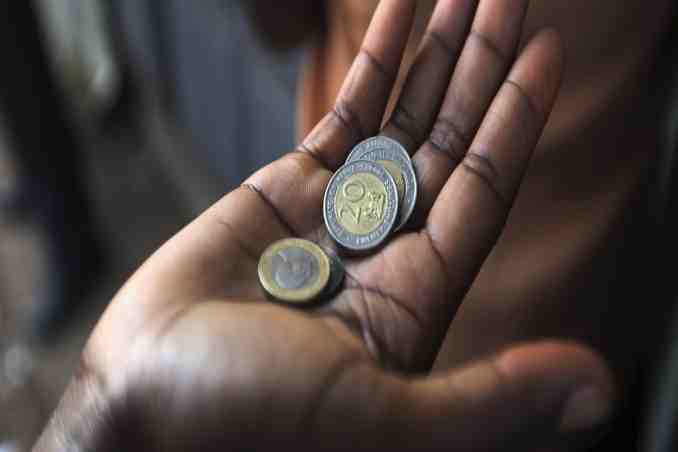

Last updated on September 11th, 2021 at 07:56 am
The COVID-19 pandemic and movement restrictions significantly disrupted the global supply chain, resulting in shortages of essential products such as medical equipment and pharmaceuticals across the world. As several pharmaceutical-producing countries suspended their exports due to global lockdown, import-dependent regions struggled to overcome the health crisis.
This disruption in global supply severely impacted Africa’s ability to address the surging COVID-19 cases due to a lack of access to medical supplies such as personal protective equipment (PPEs) and critical ventilators. At the same time, Africa is lagging far behind on its COVID-19 vaccination efforts compared to other regions including North America and the European Union amid a global scarcity of vaccines.
A majority of African countries are dependent on the WHO-sponsored COVAXscheme. As of now, only about 1 percent of Africans have been fully vaccinated against the disease as the COVAX scheme has not been able to provide enough vaccines to the continent.
Taking note of the crisis, the COVID-19 crisis has also set the course for efforts to speed up domestic manufacturing of vaccines in the African region to limit dependence on imports.
READMORE: African leaders are requesting $100 billion from a World Bank fund to help them recover economically
With the launch of the African Continental Free Trade Area (AfCFTA) earlier this year, it has become important to boost intra-continental trade to enhance investment and business development across all sectors in the region. The deal aims to limit 90 percent of internal cross-border tariffs by 2030 and accelerate trade between African countries by creating a single market for goods and services.
The agreement will also work towards establishing a continental customs union to support the movement of capital and labor between African countries. Signed by 54 out of 55 African nations and ratified by 34 of them, AfCFTA is aimed at supporting more than 30 million people living in extreme poverty in the region by creating more employment opportunities.
According to the UN Economic Commission for Africa, the trade agreement will be covering a market of 1.2 billion people in Africa with a combined regional GDP of $3 billion. In addition, the World Bank has predicted that AfCFTA will help in adding approximately $76 billion in income for the rest of the world.
Despite numerous benefits, the deal faced several challenges to come into effect, including lack of infrastructure, COVID-19 restrictions, and economic crisis. Even as the trading in accordance with the new AfCFTA rules has been delayed due to prolonging challenges posed by COVID-19, African nations have continued to keep their hopes high for the success of the agreement.
Kenyan sprint star Ferdinand Omanyala finished second at the opening race of the Diamond League in Xiamen, China, on Saturday.…
The incessant rains have caused flooding in Durban and its neighboring areas. It has disrupted several core areas, with a…
Cross-border activity suffered vast disruption when the new ban started at midnight Thursday with its direct impact on border checkpoints…
South African Bank fined R700,000 after determining the institution misrepresented a credit product as an investment opportunity. Following its December…
EA Sports shows that Toronto Maple Leafs will stop their 58-year title wait by beating the Colorado Avalanche in seven…
Pope Francis, the first Latin American pope of the Roman Catholic Church, passed away in the morning of his 88th…
This website uses cookies.